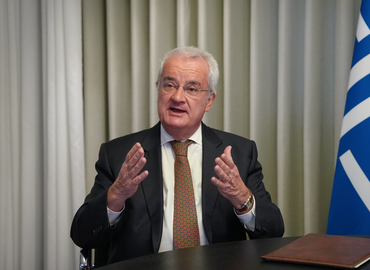How Local Religious Leaders Are Shaping Global Peacebuilding: Reflections from the 2025 Kofi Annan Faith Briefings
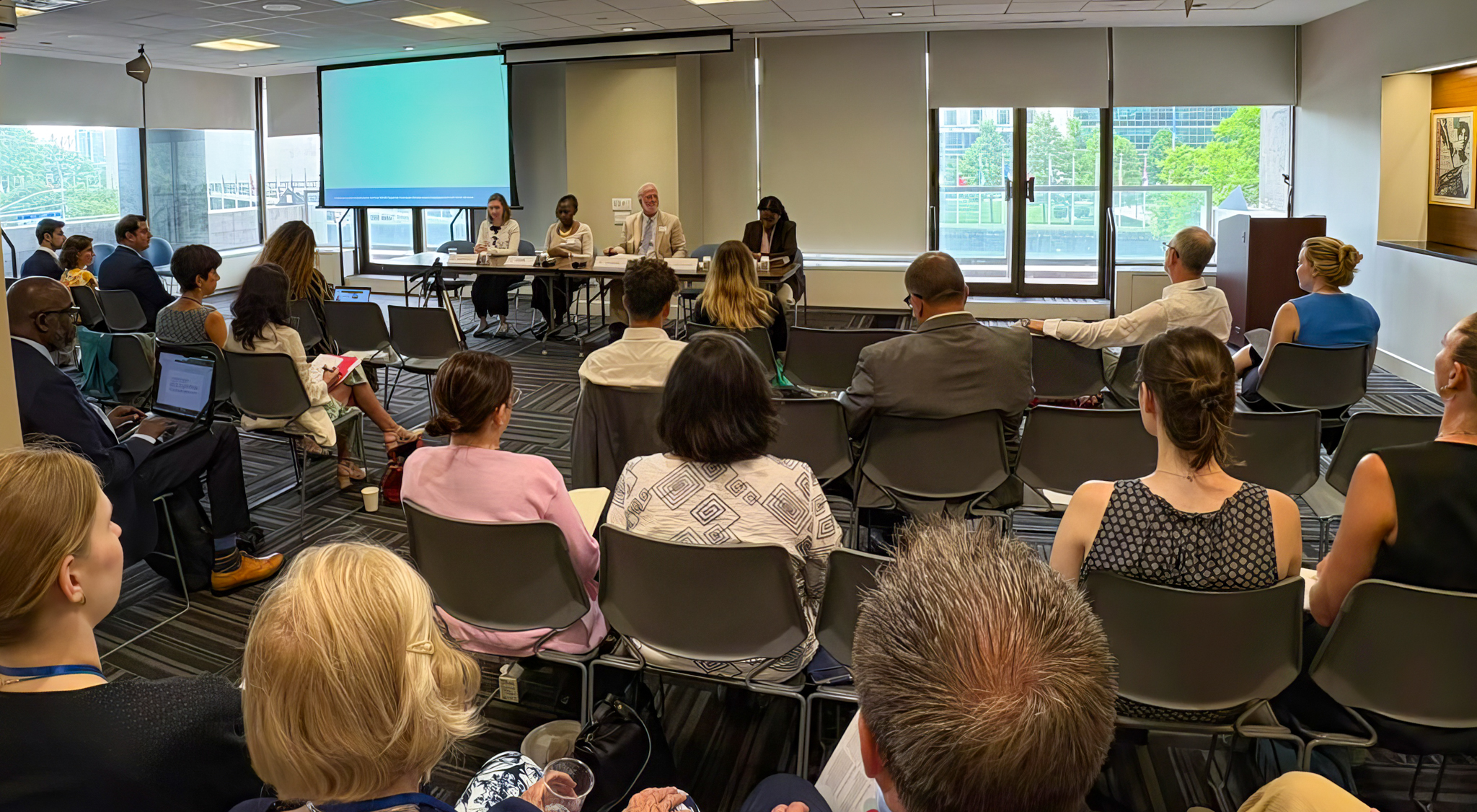
As the world grapples with escalating conflicts, deepening inequalities, and a rapidly closing window to meet the 2030 Sustainable Development Goals (SDGs), a powerful but often overlooked force is stepping into the spotlight, religious leaders and local voices. At the 2025 Kofi Annan Faith Briefings, faith actors from across the globe demonstrated how their grassroots peacebuilding efforts are quietly but effectively shaping a more inclusive and just world.
Inclusion of diverse actors doesn’t only strengthen the legitimacy of peace processes, it improves their reach and impact.” These were the insightful words of Melissa Nozell, a seasoned expert on religion and peacebuilding, and an alumna of KAICIID’s International Fellows Programme, speaking at the 2025 Kofi Annan Faith Briefings.
The Kofi Annan Faith Briefings, convened annually by the Multi-Faith Advisory Council (MFAC) to the UN Interagency Task Force on Religion and Sustainable Development, have become a cornerstone event for the international community that highlights the critical contributions of faith actors to achieving the Sustainable Development Goals (SDGs). Melissa’s participation, representing KAICIID, focused primarily on SDG 16: promoting peace, justice, and strong institutions.
The event echoed key priorities of the UN Secretary-General’s New Agenda for Peace, which calls for a renewed global effort to address root causes of conflict, foster inclusion, and prevent violence in all its forms. In this context, faith-based actors were recognized not only as community leaders, but as essential partners in sustaining peace, advancing human rights, and restoring trust between people and institutions.
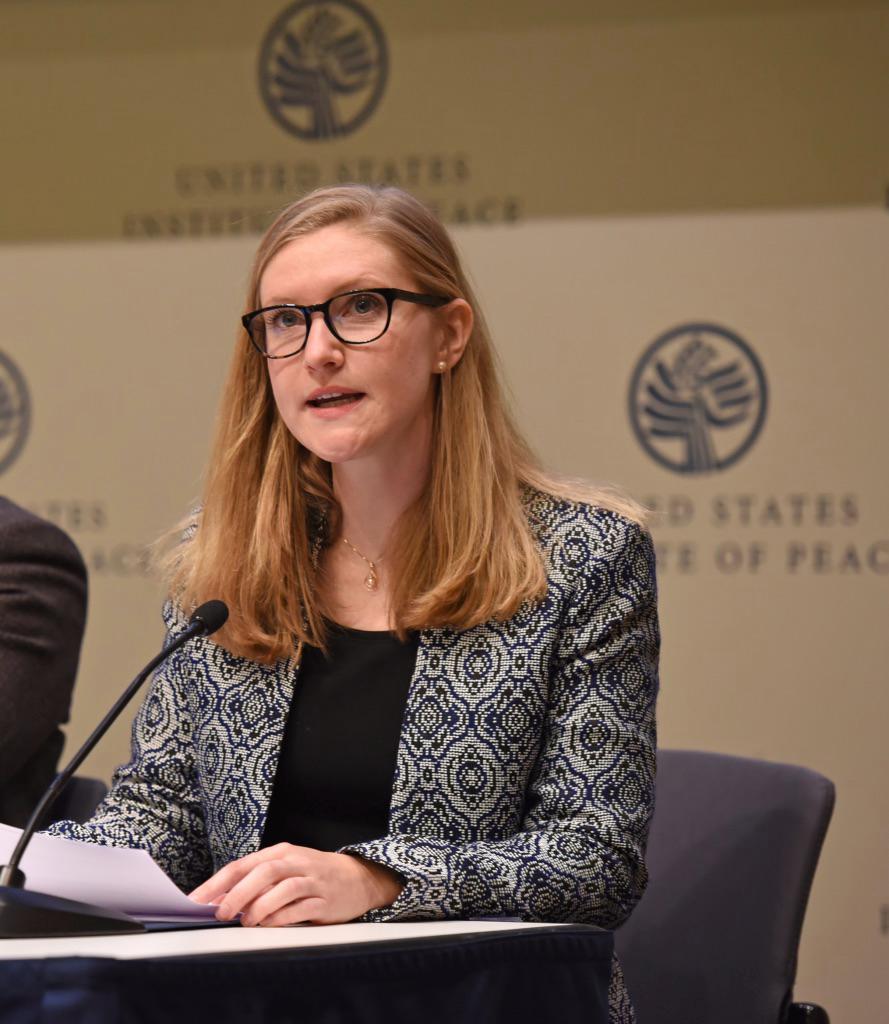
Melissa Nozell - KIFP Alumna
Melissa drew from over a decade of experience working with the United States Institute of Peace (USIP), particularly emphasizing the significant, yet often overlooked, role religious actors play in conflict prevention, peacebuilding, and humanitarian responses. She noted, “Peace cannot be sustainably achieved without the inclusion of faith-based stakeholders.” Religious leaders frequently serve as early warning actors due to their unique proximity to and trust within communities. “Their insights can inform timely, locally grounded interventions that formal systems may miss,” she explained.
A compelling example of this role was Melissa’s work in Colombia, where religious actors collaborated closely with mental health and psychosocial support (MHPSS) professionals. “In Colombia, USIP facilitated faith-sensitive MHPSS training, forging cross-sector collaborations to effectively end cycles of violence,” she shared, underlining the practical benefits of partnerships between faith communities and mental health experts in fragile contexts.
Melissa further underscored the essential role played by interfaith dialogue platforms such as KAICIID’s AU-Interfaith Dialogue Forum and the Arab Region Interreligious Platform. “These platforms are vital peace infrastructure, linking grassroots voices to broader institutions and regional mechanisms. In countries like Nigeria and the Central African Republic, interfaith networks supported by KAICIID play central roles in mediation, community resilience, and reconciliation.”
During her address, Melissa highlighted the importance of intergenerational dialogue, citing her experience from Northern Ghana, where USIP collaborated with Catholic Relief Services. This partnership engaged Christian and Muslim leaders working directly with youth, harnessing joint actions that fostered social cohesion and mitigated conflict. “Efforts to prevent, mitigate, and resolve violent conflict are significantly more effective when locally led and inclusive,” she emphasized.
Reflecting on her participation, Melissa shared that “This multi-lateral event allowed me, as a KAICIID Fellow alumna, to showcase the impactful work already being carried out by religious stakeholders in peacebuilding. The event provided a valuable opportunity to elevate grassroots contributions and to demonstrate their direct relevance to achieving SDGs.”
Melissa also addressed broader SDG themes at the Briefings, acknowledging the multitude of efforts religious actors undertake across diverse areas including gender equality, climate action, youth inclusion, and economic and social development. “The sheer breadth and depth of examples presented demonstrated the indispensable roles religious leaders, lay actors, and faith-based organizations hold in global development,” she noted. However, Melissa observed the persistent challenges as the UN approached its 80th anniversary and the final five years of the 2030 agenda. “There is a somber recognition that significant work remains to be urgently done.”
She emphasized the urgency for breaking down sectoral silos to leverage existing initiatives effectively. “Peacebuilding efforts stand to gain significantly from partnering with faith actors,” Melissa affirmed. By promoting inter-sectoral collaboration, stakeholders could scale and replicate successful local initiatives globally.
Melissa concluded with a hopeful call to global partners. “Speakers at the Kofi Annan Faith Briefings provided numerous powerful examples of faith-driven work supporting the SDGs. While global crises persist and some SDGs remain distant, there is undeniable hope in the tireless, frontline efforts of religious stakeholders advancing justice, social inclusion, and peace.”
She urged policymakers, religious actors, and international stakeholders alike to maintain and expand their collaboration. “Convenings like these offer critical platforms for dialogue and partnership. KAICIID, through its unique position as an intergovernmental organization connecting grassroots dialogue and policy, plays a pivotal role in continuing these important conversations and driving collective progress toward sustainable peace.”
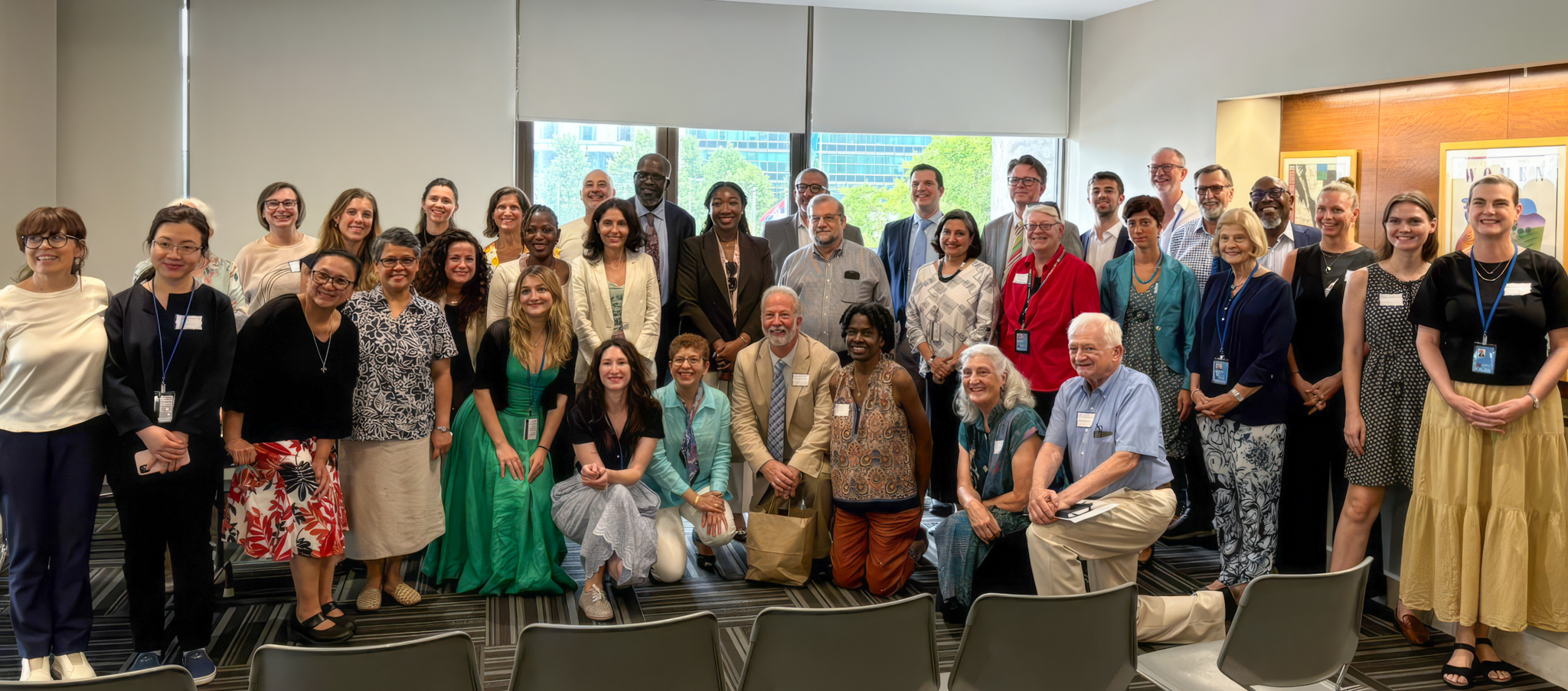
As the 2030 deadline looms, the world must not overlook the indispensable contributions of faith-based actors. Their work is rooted in trust, proximity, and a deep commitment to the dignity of every person. Now more than ever, policymakers, practitioners, and citizens alike must invest in inclusive dialogue and support local peacebuilders who are lighting the path toward sustainable peace.
Events like the Kofi Annan Faith Briefings show that faith leaders and interreligious actors are not only relevant they are essential allies in realizing the UN’s New Agenda for Peace.
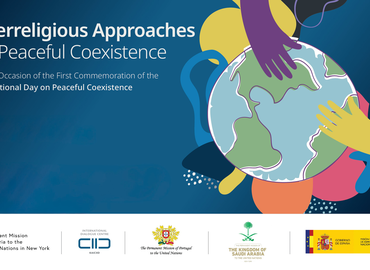
As discrimination, hate speech and identity-based violence…
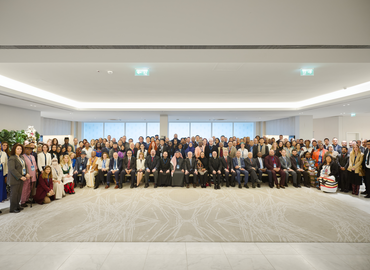
- KAICIID marks 10 years of global peacebuilding, uniting over 130 leaders in…


